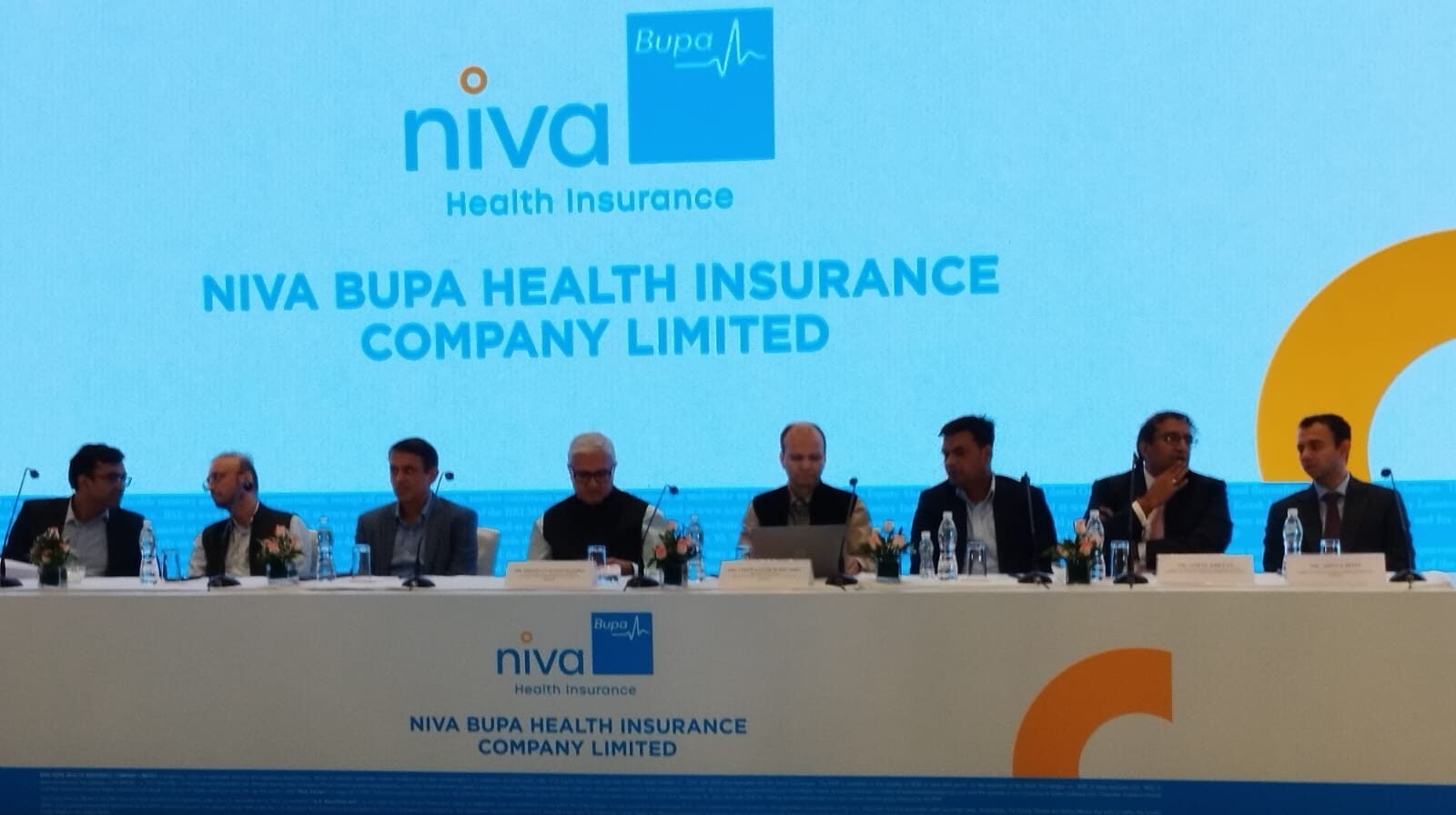A LinkedIn post alleging that Niva Bupa Health Insurance denied a ₹61 lakh cashless claim for a bone marrow transplant has gone viral, igniting outrage over the reliability of high-value health insurance coverage. The post described how Chandra Kumar Jain, admitted to Mumbai’s Sir HN Reliance Foundation Hospital with Myeloid Leukaemia, faced escalating treatment costs despite holding a policy with ₹2.4 crore coverage.
Final Call: Be DPDP Act Ready with FCRF’s Certified Data Protection Officer Program
The account triggered widespread debate across social media, with angel investor Udit Goenka calling health insurance “the biggest scam business in India.” For many, the case became emblematic of a system where patients pay premiums for years, only to face hurdles when claims are most critical.
Insurer’s Clarification: Claim Not Denied
Niva Bupa has pushed back strongly against the allegations, insisting that the claim has not been denied. The company said it had already approved a ₹25 lakh pre-authorisation for Jain’s treatment, supplemented by an additional ₹77,000. “The originally approved ₹25 lakh pre-authorisation still stands valid, and the final claim will be settled at the time of discharge,” the insurer stated.
According to the company, Jain has been a policyholder since 2021 and has already received ₹22.72 lakh from two prior claims in 2025. The insurer also noted that it had raised queries with the hospital as treatment costs rose sharply—from the initial ₹25 lakh estimate to ₹61 lakh and, by September 1, nearly ₹80 lakh.
Escalating Costs and a Broader Dispute
Niva Bupa said it had urged the hospital not to demand further upfront payments from the family until the cost escalation is clarified. The insurer stressed that it remains in touch with the family to ensure continuity of care.
This dispute also comes amid broader tensions between insurers and healthcare providers. On August 16, Niva Bupa suspended cashless treatment at all Max Hospitals after contract negotiations over tariffs failed. While the insurer cited unsustainable costs, Max Healthcare countered that further tariff reductions would compromise patient care.
Larger Questions on Trust and Transparency
The case has amplified scrutiny of India’s health insurance ecosystem, where rising treatment costs and opaque billing practices often collide with consumer expectations of seamless coverage. Policyholders are questioning whether insurers can be relied upon in high-stakes medical emergencies, particularly when disputes spill into the public domain.
Industry experts note that while insurers face genuine challenges with spiraling hospital tariffs, public perception often hinges on a single viral case. For families navigating life-threatening conditions, such disputes can make the difference between financial protection and devastating debt.



